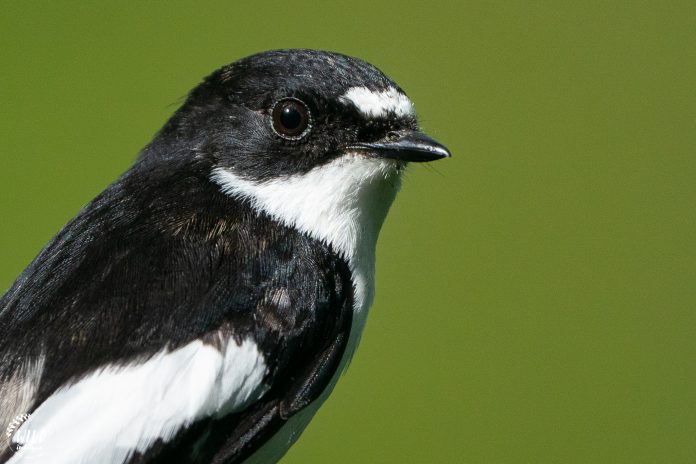The RSPB is celebrating a record-breaking breeding season for Pied Flycatcher numbers increasing across several RSPB reserves, including in the Staffordshire Moorlands.
Throughout the spring and summer months, RSPB Coombes Valley and Consall Woods, Staffordshire, and Haweswater, Cumbria, have seen a record year for breeding Pied Flycatcher numbers.
Pied Flycatchers are summer migratory birds suffering national declines and have flourished in RSPB managed habitats this summer.
In 2021, there were 39 total occupied nest boxes at RSPB Coombes Valley and Consall Woods. This increased to 50 in 2022 and a record number of 66 in 2023.
Paul Bennett, warden at RSPB Coombes Valley and Consall Woods said: ”We are absolutely thrilled by the remarkable success of the Pied Flycatchers on our reserves this year.”
“These enchanting birds are small, but they’ve got a lovely melodious song. The males have striking black and white plumage while females are brown and white.”
Conservationists at Coombes Valley and Consall Woods credit the increase in Pied Flycatchers to the removal of Holly from the understorey of the woods, which dedicated local volunteers helped with.
The Woodland Improvement Grant, received from the Forestry Commission between 2015 and 2018, paid for the RSPB to deliver large scale Holly clearance at RSPB Coombes Valley.
Dense Holly can stop sunlight reaching the woodland floor. Removing some of the Holly opens the woodland understorey, allowing other plants to flourish and attracting more insects.
Pied Flycatchers, and other birds such as the Common Redstart and the Wood Warbler, benefit from this open understorey as it helps them to forage and find the insect food they need. Many ancient woodland wildflowers will also benefit from the additional sunlight created, such as Bluebells, Wood Anemone and Wood Sorrel.
This year’s success of these woodland birds can be put down to conservation efforts such as habitat management, and the dedication and time given by volunteers and RSPB staff. Woodlands have been maintained and specially designed Pied Flycatcher nestboxes were installed.
The RSPB’s work to protect these rare birds and their woodland habitats is made possible due to the continued support of members and volunteers. To find out how you can support the work of the RSPB visit www.rspb.org.uk










